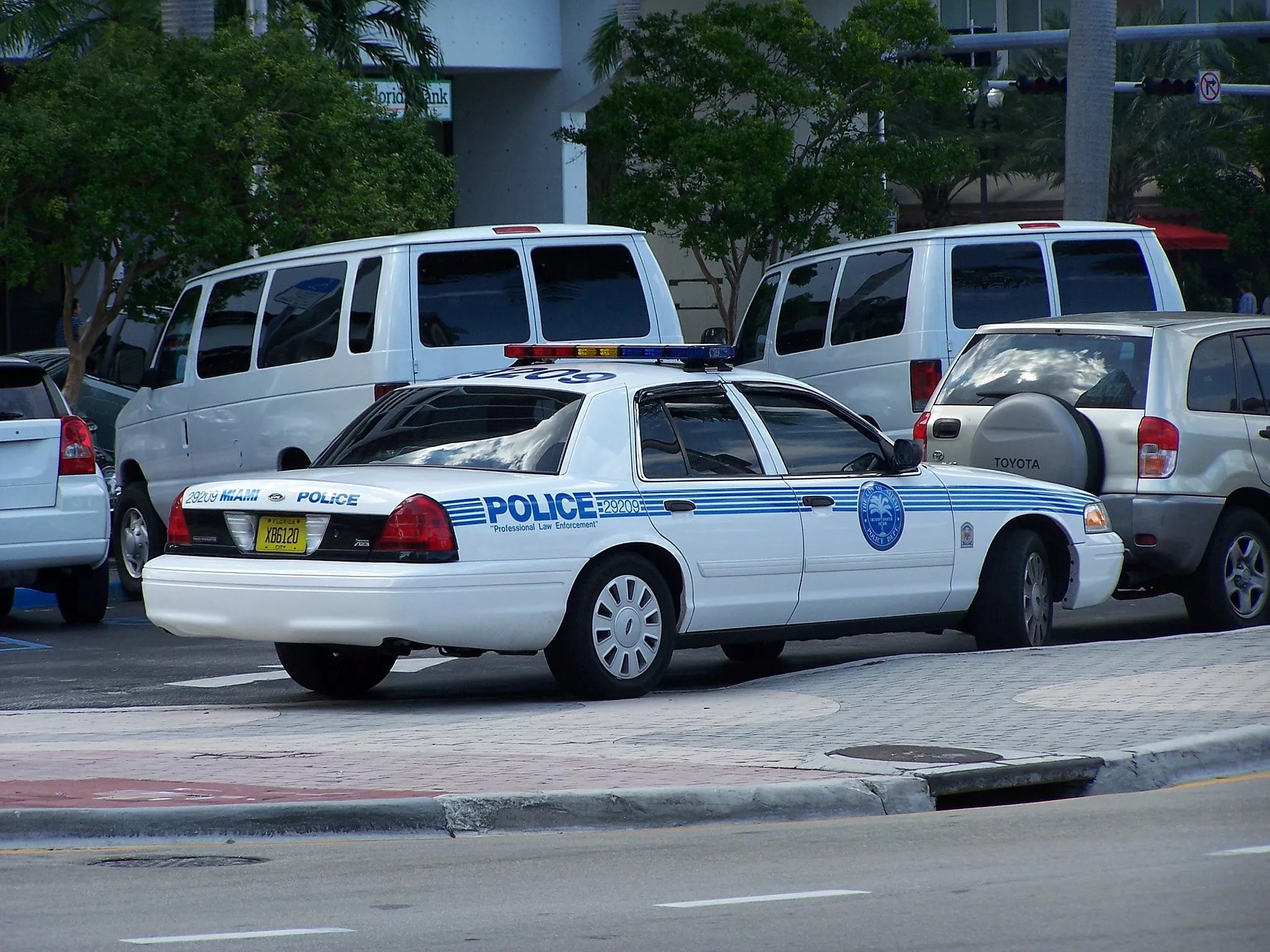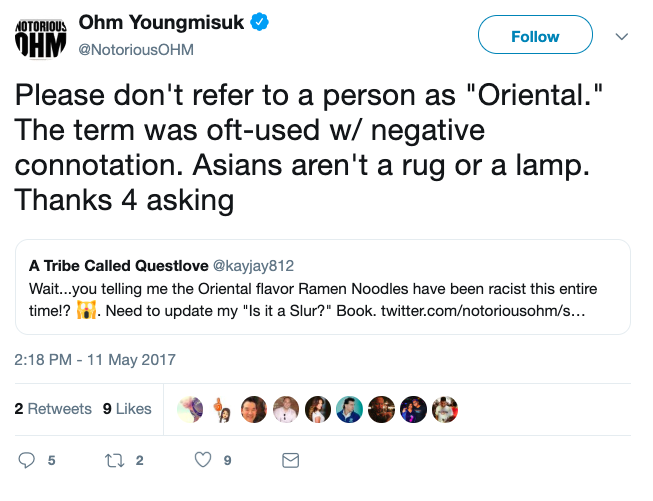

Audio By Carbonatix
Using the term “Oriental” to describe a person of Asian or Pacific Islander descent is pretty much a thing of the past. States including Washington and New York have long banned the word from official documents, and the federal government finally followed suit in 2016. That’s because the term has a history of marginalizing Asian immigrants and is considered offensive by many.
But the Miami Police Department still uses the word to describe people who file complaints with its Internal Affairs section. On MPD’s intake forms, the ethnicity options for complainants include “Oriental,” “American,” “Spanish,” “Haitian,” “European,” or “Other”:

Miami Police Department’s internal affairs forms
Miami Police Department
Rodney Jacobs, the assistant director of the Civilian Investigative Panel, an independent police oversight board in Miami, says the language is archaic and needs to be fixed.
“That’s definitely an offensive use for Asian Americans,” he says. “The whole list of designations is kind of off a little bit. It’s somewhat surprising to me that they haven’t updated it to make their record-keeping more accurate.”
The Miami Police Department did not respond to questions from New Times about why the form still uses the word “Oriental” or why people of Haitian ancestry are singled out.
While some Asians say they don’t find the term “Oriental” offensive, it has historically been used to slight immigrant populations. Frank Wu, the author of the 2002 book Yellow: Race in America Beyond Black and White, said in a 2017 Kansas City Star story that the term evokes a sentiment “that people don’t belong here.”
“Once you realize this word is at best antiquated, and at worst interpreted as bigoted, why would you keep using it when Asian American is an accepted neutral alternative?” he told the paper. “It’s no different from the change from ‘Negro’ to ‘African-American.’ If someone today says ‘Negro,’ you do a double take.”
Asian reality stars and journalists have also spoken out against

screenshot via Twitter
That’s not to say the word has been completely removed from the American lexicon. In late 2017, a viral video showed a woman yelling the term at a Korean student who was trying to work with a tutor at Starbucks. Just this week, filmmaker Paul Schrader was criticized for referring to “Oriental” actors in a Facebook post discussing Jordan Peele’s comments about white male leads.
Jacobs says it would be easy for MPD to modify the language on its Internal Affairs form.
“This is just a departmental form so … it’s not like it would take an act of law to actually change it,” he says. “The form is definitely kind of antiquated and needs to be updated.”